It’s often said that it’s a small world and that it’s getting smaller all the time. It wasn’t so long ago that travel that takes a matter of hours today would have taken days or weeks. We live in an age of instant communication, where events from all over the world (and beyond) can be seen in the comfort of our own homes within seconds or minutes after they happen.
But then again it’s not always such a small world.
My family moved to Vancouver back in 1975, and in those days it wasn’t so easy to follow such ‘œinsignificant’ events as Liverpool’s progress in the league or the various cups. That’s something that has changed drastically and rapidly in recent years, with the development of the internet, e-season tickets, and satellite television broadcasts. But back then it was difficult to be able to keep fully up-to-date with all the news and results. For all the local interest in soccer (not to be confused with that other game of ‘œfootball’) back home in England, it might as well have been taking place a world away. And there have been times when that distance, and the difficulty of keeping up-to-date, was so much harder to accept than at others.
It was twenty years ago now when I finished working the night-shift at the mill and was on my way to bed after a long night, thinking about the FA Cup semi-final to come later that day. Due to the time difference of 8 hours between Vancouver and the UK, it was actually only 7am local time for the scheduled kick-off, but there would be no news about the match for me until after I woke up much later. So it was that after coming out of the fog of a deep sleep around mid-day, I turned on the radio beside the bed hoping that the local news would give me the score, and to see if we would be on our way to Wembley for the FA Cup final. The shock that came as the news headlines were announced made me wonder if I was hearing it properly. Hearing that terrible news will live in the memory of all of us the same way that we all remember where we were when Neil Armstrong first set foot on the surface of the moon, or when we heard that John Lennon had been shot, or more recently when the ‘˜planes crashed into the World Trade Center. It was one of those moments of stunned disbelief, when we can’t really believe that what we are seeing or hearing is actually true ‘“ but then even worse was to come.
The early news reports were saying that several people had been killed in a crush of supporters at Hillsborough Stadium in Sheffield, where Liverpool were playing Nottingham Forest in one of the semi-finals taking place that day. At first the news was uncertain about the number, but the later reports were saying as many as fifty had been confirmed dead. Memories of the 1971 Ibrox disaster came to mind, thinking that some similar incident might have happened in the excitement of the match, but it was soon understood as being nothing like that. My first reaction was to phone my mother (who lives a few miles away) to ask if she’d heard the same news as I had. Of course she had, and to answer my next question she assured me that to the best of her knowledge, none of the family back home had planned to travel to Sheffield for the big match that day. At least that confirmation was something of a relief, but as the news reports continued to come through for the rest of the day, the confirmed numbers of deceased steadily climbed until it was being described as the worst disaster in British sports history. It was obviously a major tragedy, and one that was just impossible to comprehend. Even later that night there was still little or no explanation of how this had happened.
Rumours started flying as early as the next day, when our local newspapers gave us some very unfeeling and impersonal front-page stories on the events of the previous day, mostly taken from the various international news services. Some allegations were that large numbers of drunken and/or ticketless fans had forced their way in, while others suggested that it was just plain old hooliganism of the type that so much of the world was tired of hearing about. ‘œThose crazy English soccer fans have done it again’ was one common sentiment, even though there was no real evidence to suggest anything of the kind. The pictures chosen to accompany the stories ranged from disturbing to tasteless, with the faces of some of the victims shown clearly in close-up pressed against the fences. My wife and I couldn’t believe the heartlessness of the reports, and we both spent most of the day in tears as we tried to make sense of it all.
Much worse was to come later in the week, as local newspapers picked up on the stories of Liverpool supporters’ supposed shocking behaviour in the aftermath of the disaster. I was still finding it hard to believe that the tragedy had even happened, but I knew that there was definitely no ‘œtruth’ to what was being reported in these stories. What made it even more difficult was that the allegations played directly into the prejudices of the commonly believed notion that all English football supporters were hooligans, who would act like animals at every opportunity if they were not strictly controlled (which in their minds was ‘œproven’ by the very fact that they had to be fenced in). Thankfully this only lasted a short time as the real truth came out when the official inquiries and investigations submitted their initial reports. But, the damage had been done and there are still many people here (and no doubt around the world) who continue to believe that it was all caused by the irresponsible actions of the supporters themselves. It just isn’t possible to explain to those who won’t listen and so it became easier to say nothing, even though that meant keeping all the anger and the sadness inside instead of talking it over with others. This was certainly one of those times when the world wasn’t really so small, and the distance from home seemed a lot more than just a few thousand miles.
As the days and weeks passed by, we read the stories of the funerals and the memorials, and as insufficient as it might have seemed at the time, we sent flowers to Anfield to be added to the thousands that were being laid there as tributes to those who had died. We’d had our first child only a year before, and as the memories of my own childhood times in the Anfield Road end came back to me, remembering how all of us kids wanted to be right up at the front to be close to our heroes, just made it all the harder to take knowing that so many young lives had been so needlessly lost. As new parents we couldn’t bear the thought of losing our only child, especially in such horrible circumstances, and kept on breaking down as we read about the families who were trying to cope with the loss of a loved one, or in some even more tragic cases of parents who had lost both of their children on that terrible day.
We also read over the following weeks and months of the resignations and early retirements of some of those who were supposedly in charge of safety at the stadium, and being infuriated by the realisation that no action could now be taken against them as a result. Meanwhile, the families’ efforts to bring those responsible to justice continued to be frustrated at every step. Unbelievably it’s now twenty years later, and still nothing in terms of justice has been realised. There’s some hope that the European courts might be able to re-open the case-files, but it’s not something that we can count on by any means.
The one thing that we can all do, no matter where in the world we happen to be, is to honour the memory of the ninety-six who lost their lives that day. That means supporting the fight for justice through the various support groups and agencies that are working on their behalf, educating those who still don’t know the real truth of what took place that day, and asking that the club never play on April 15th – even if it means forfeiting a match and being disqualified from a competition.
The world needs to know that we’ll never forget them. May they rest in peace while we continue the fight for justice – You’ll Never Walk Alone.

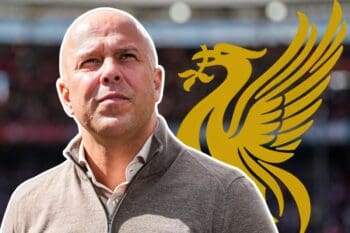


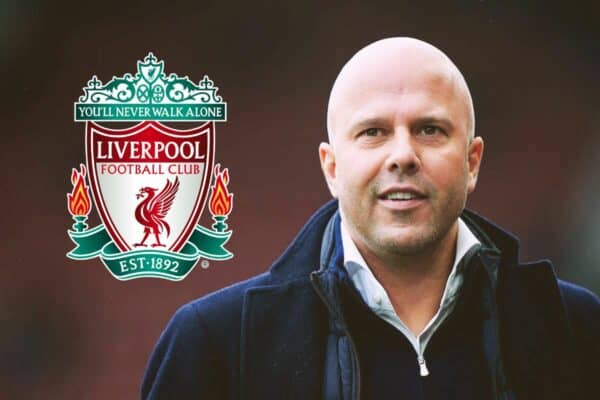

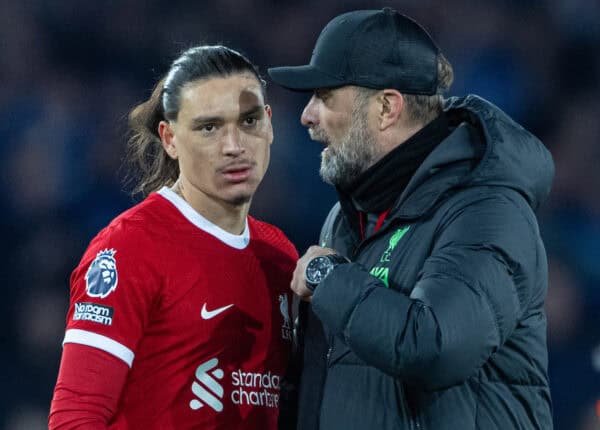

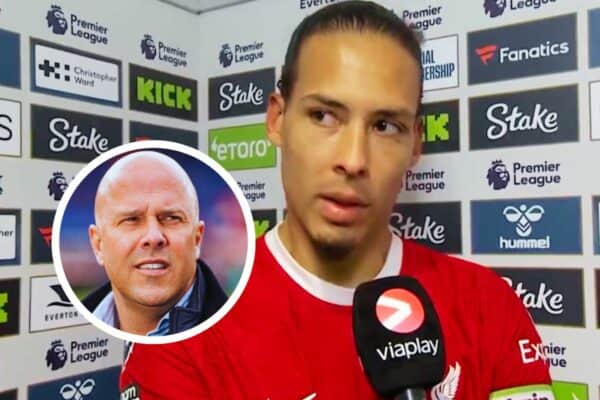
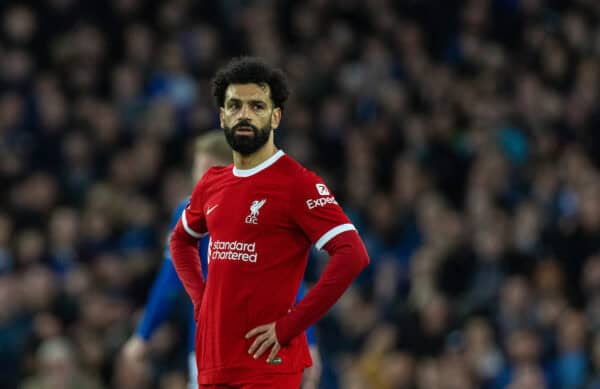
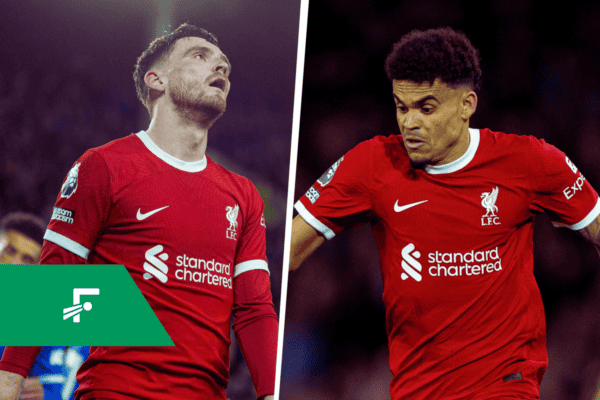
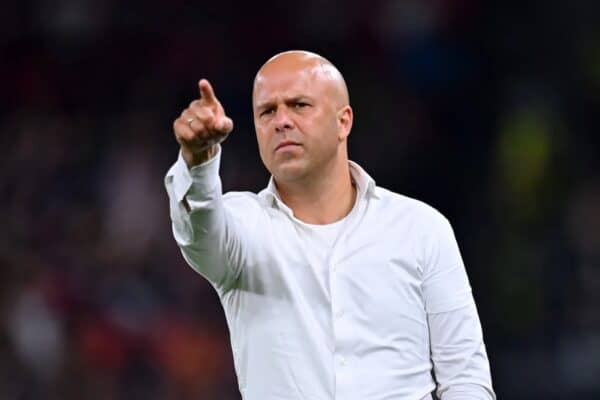


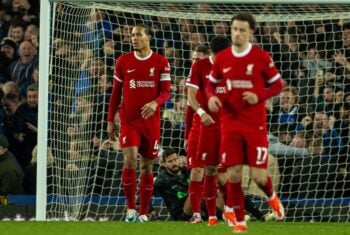
Fan Comments